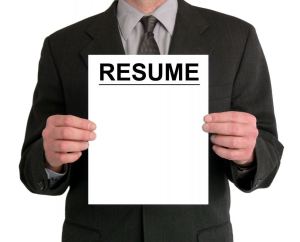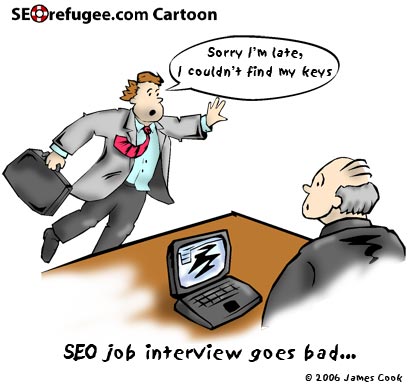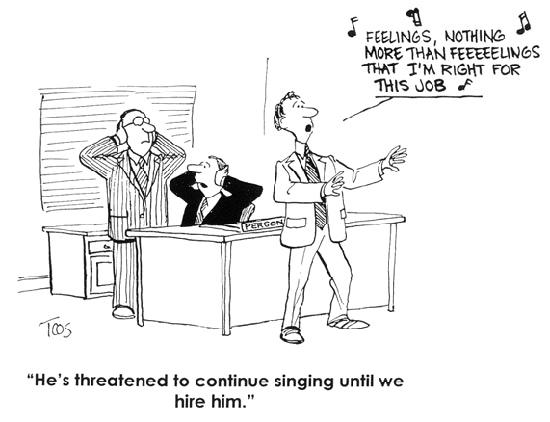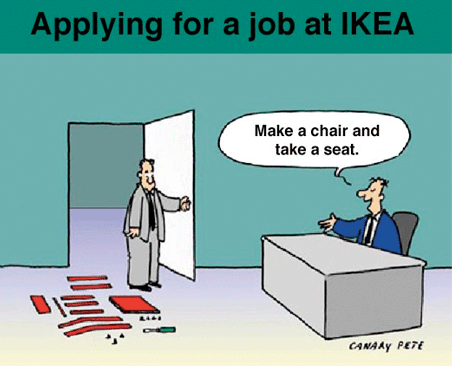Life can be stressful. Navigating school, home, and friends – maybe even a job on top of that; it can easily seem like you have 25 hours’ worth of things to do in your 24 hour day. Not to mention the nine-and-a-half hours of sleep experts say all teenagers need. Even just trying to think about doing everything can get a person stressed, and then you stress about being stressed, and you end up stressing more than actually doing things, so you feel even more stressed because you are not doing what you need to.
Stress can be complicated, so it makes a lot of sense that most people seem to ignore it. However, ignoring stress can deteriorate health and ruin relationships, negatively affect school performance and even cause depression if not taken care of properly. Thankfully, there is something that can be done, and don’t worry – it’s not very complicated, so you don’t need to stress about this, too. So take a deep breath and relax; your stress should be gone soon. Below are nine things you can do throughout the day – starting from when you wake up, to the moment you go to sleep – to reduce your daily stress.
1. Wake up early
It might seem like waking up earlier would add stress to your life, but it can actually help eliminate it. When you sleep in as late as possible before going to school or work, you end up getting a little more sleep, but you have to rush to get ready in the mornings. Even waking up 10 minutes earlier can help reduce stress. It can give you some extra time to space out in the shower, or even sit down and eat breakfast. Waking up earlier can create a more relaxed morning and a less stressful day.
2. Be on time
Whether you are walking to the bus stop or driving to school, it pays to be on time. Running down the hallway to make it to class on time raises your stress level and makes it so you cannot focus on what you are supposed to be learning as well. So, show up to class a couple of minutes earlier, find a seat and relax a little. Take a couple of seconds to breath and get ready to think about those trigonometry formulas.
3. Talk to people about how you are feeling
If you are feeling stressed, don’t worry – you are not the only one. Everyone feels stressed every once in a while, so talk to your friends about it. They might have some really good advice, or they might just be really good listeners. You choose your friends for a reason. Find one you trust and let them know how you are feeling. Talking about what is going on can be a relief in itself, and who knows – maybe they are feeling stressed, too, and were too afraid to talk about it.
4. Make lunch an actual break
Everyone gets a lunch break. It can be easy to use the time to work on homework due later in the day or catch up on assignments you already missed. While this might help your grades a little, it greatly adds to your stress level. Don’t do any homework during lunch. Make sure your work is done the night before and take this time to relax. Talk to friends, play a game of pick-up basketball, or just sit and listen to music. Use the time to take care of yourself and make sure you are ready for the second half of your day.
5. Do something you love
Going to school and work are important, but they are not always fun. Make sure you have something fun to do. Join a sports team, try out for the school play, or play video games with your friends. Having something you really enjoy doing planned can make the not as fun things go by faster, and it allows you to decompress and forget about your worries for a little while.
6. Drink water and eat healthy snacks
While drinking enough water and eating snacks are just generally good ideas, they can also help reduce your stress. If your body is healthy and hydrated, you are able to get more done and at a more efficient rate. You will have more free time and you will feel better.
7. Be active
This is the same principle as the last one, if your body is healthy, your mind will follow suit. You don’t need to be a great athlete to be active and healthy. Walk somewhere instead of driving, take the stairs, or just stand more than you sit. There is a small caveat with this one: don’t be so active that you don’t have any time to rest. Moderation is key.
8. Pack your backpack before you go to sleep
This is a simple change that can make a big difference. It does not take that long to pack your backpack, but when you do it at night before you go to sleep you do not have to think about it in the morning. You can just get up, eat some breakfast, grab your bag and go. You do not have to run around the house looking for your books and assignments, because they are already in the right spot.
9. Get enough sleep
Sleep is important. Sometimes a simple solution to feeling stressed could be staying up later to do all your work. While this might work in the short term, it can really hurt in the long run. In order for the average teenager’s brain to process information and remember everything, it needs to get around 9 hours of sleep each night. The more sleep you get, the more you will remember and the less stress you will feel. Especially around test time, because your brain already did all the work for you while you were sleeping.
Bonus
10. Disconnect on the weekends
Take a day each weekend and don’t think about school or work. Take some time for yourself and do what you want to. Read a book, relax with friends, go to the beach or on a hike. Do something you enjoy with people you like to be around, and recharge for the week to come.
~ Tina













 What stresses you out?
What stresses you out?
 Tips for Teens: Getting a job
Tips for Teens: Getting a job


